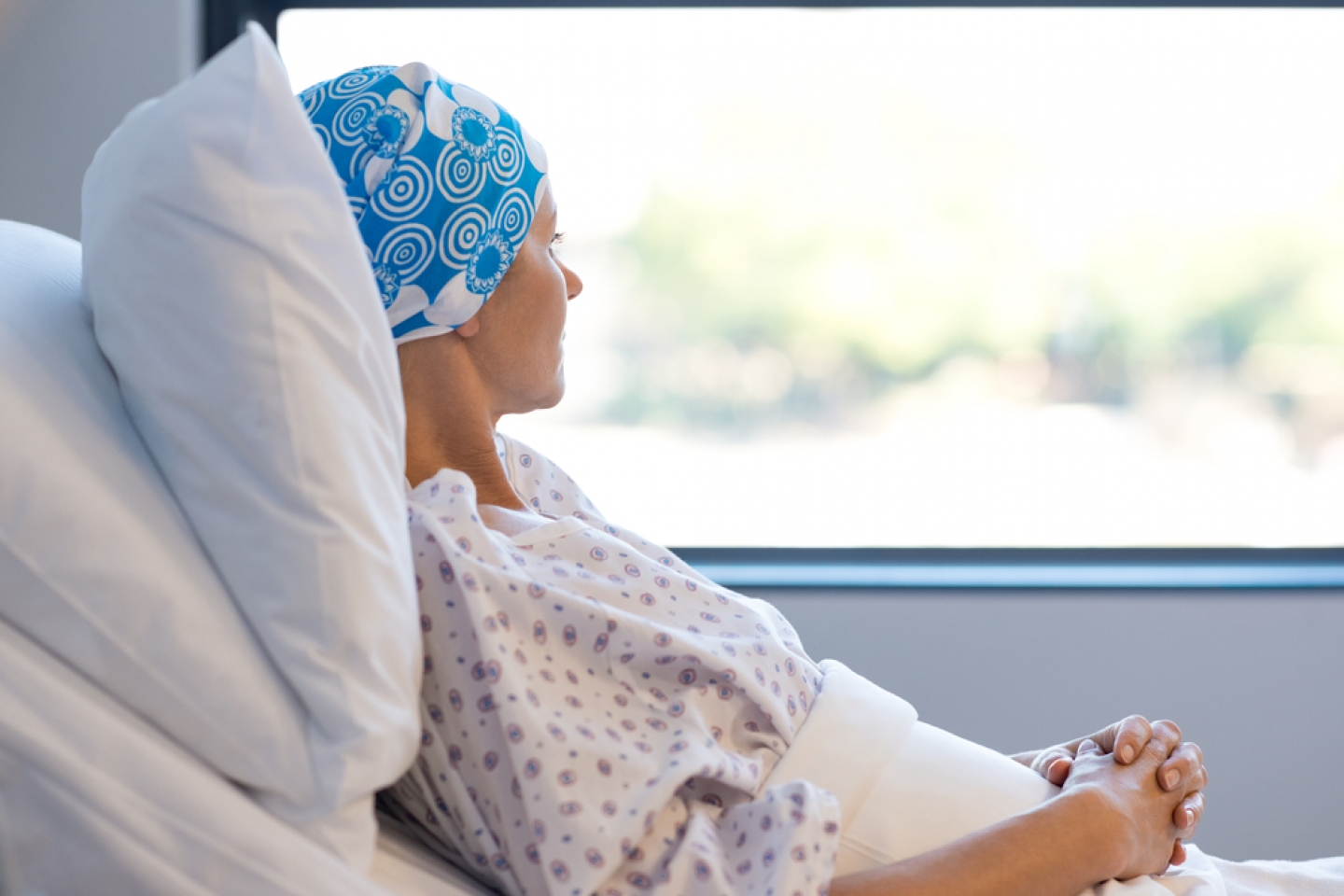
A cancer diagnosis can often feel like an unexpected roadblock in your life, taking a toll on more than just your physical health. From treatment side effects to financial concerns or just maintaining social interactions, the impact of cancer can feel overwhelming. Questions and uncertainties can increase feelings of stress and anxiety, placing the body’s mental state into one of survival, otherwise known as the fight, flight, or freeze response.
So how can one cope with the changes associated with a cancer diagnosis? Dr. Guy Maytal, Chief of Psychiatric Oncology at Weill Cornell Medicine and NewYork-Presbyterian Hospital, says that the answer lies within resilience, or one’s ability to recover from and respond to these changes. But building up resilience takes time and effort, a process that is much easier said than done.
Dr. Maytal offers five actionable tips to enhancing resilience while living and coping with cancer:
Every human has needs, including regular sleep, regular meals, exercise (to the extent to which your body can tolerate), sunlight, and frequent hydration. By nourishing your body with these fundamentals, you are setting yourself up to be more resilient when the time comes. Beyond physical needs, allow yourself to do what you enjoy. And if you are not in a state where you are able to do those things, be kind to yourself in knowing that you did what you could. Create space to feel all emotions, including sadness, excitement, anger, happiness, and fatigue. Make time for relaxation techniques to limit your stress. Relaxation can involve rest, movement, mediation, or even hypnosis. Find what works for you and form a routine.
Maintaining a community of support is important when undergoing cancer care. Humans are social creatures, so connect with others. Take care of those around you and allow others to take care of you. Allow those who are closest to you to support you by sharing what ways their presence can make you feel heard and understood. Connect with people to share your laughter and joy as well as your sadness and fear to help make the experience feel less isolating. Doing this in an environment that is meaningful and non-judgmental can help to reinforce the idea of resilience for your own mental health. Beyond your own community, you can also find connections from informal one-on-one talk sessions with friends and family or more established forms of support from therapists or support groups specifically aimed at building community around the cancer experience. Open yourself up to people who will uplift you throughout your journey and share in memories made along the way.
Know what makes you feel good and what does not. This can apply to all aspects of your life as you look to build greater resilience. Find people who will support you and be understanding – including family, friends, and your oncology care team. Challenges can be helpful to expand your comfort zone and increase your sense of accomplishment. At the same time, allow yourself to set limits and boundaries that will allow you to rest and to thrive.
Sharing your experiences is a great start to allowing yourself to feel. By creating space for your human emotions to run their course, you are giving yourself permission to live in the moment of “the way it is” as opposed to dwelling on “the way it could have been.” Support groups, in-person or online, are a great place to begin this journey. Sharing your story with people who have similar experiences can help validate your experience of having cancer. Psychotherapy can also make a big difference in both individual and group settings. Working with professionals who are specifically trained to help navigate these diagnoses and offer tools for building resilience can help you along the process to improve your mental health while living with cancer.
Maintaining hope and gratitude for what you have and the experiences you have shared can be an effective practice to feel grounded. People with cancer and their loved ones sometimes worry that they will “lose” hope or “lose” gratitude. But hope and gratitude are practices that you can always step into, and not objects that can be lost. And like anything you practice, it can seem daunting at first, and gets easier the more you do it. For example, you can remind yourself and others of what you hope to achieve and accomplish. And you can continue to care for yourself by showing appreciation for the moments you have shared with others and the growth you have achieved since beginning this journey.
At Weill Cornell Medicine and NewYork-Presbyterian Hospital, our multidisciplinary oncology teams are equipped with expert psychiatrists, such as Dr. Guy Maytal, as well as therapists and social workers who are trained to help cancer patients navigate the cancer journey and mental health. If you or a loved one are faced with a cancer diagnosis, speak with a member of your care team to see how you may want to incorporate mental health practices into your treatment plan.